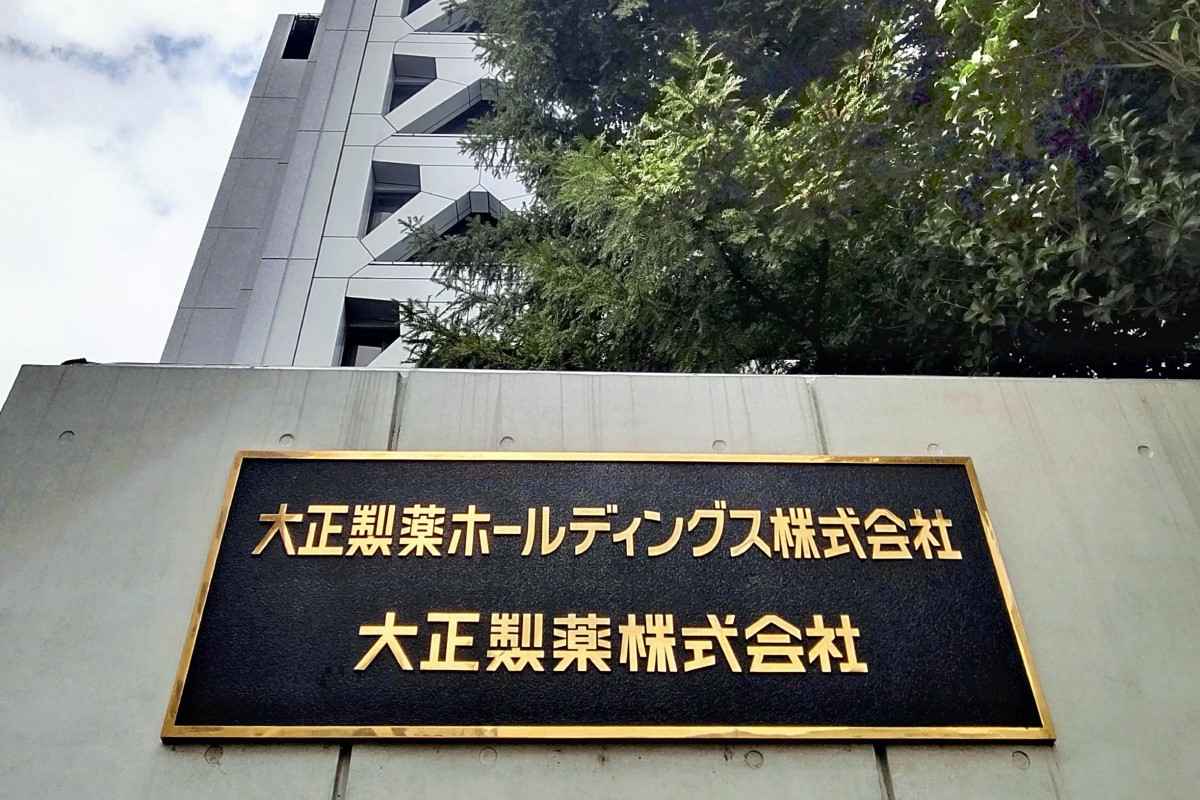
A Taisho Pharmaceutical Holdings building in Toshima Ward, Tokyo, in September 2023
15:22 JST, March 5, 2024
Taisho Pharmaceutical Co. plans to launch a drug expected to reduce waist circumference and visceral fat, commonly known as belly fat, on April 8, according to the firm.
Alli, which goes by the generic name orlistat, will be available at pharmacies without a doctor’s prescription.
Consumers who wish to purchase the medication must show commitment to improving their lifestyle habits, such as through exercise and their diet. Alli is positioned as a type of restricted OTC drug, which means that purchasers must receive in-person advice and guidance from a pharmacist before they can buy the product.
Alli is an oral medication that suppresses the absorption of fat and passes it out of the body through bowel movements.
In clinical trials in Japanese subjects, those who took the drug three times a day for about a year while working on lifestyle changes reduced their area of visceral fat by roughly 21.5% and their abdominal circumference by about 4.7 centimeters.
Meanwhile, the drug can cause flatulence with bowel movements along with oily stools.
The Japan Society for the Study of Obesity defines obesity as a body mass index of 25 or higher.
Obesity is defined as a condition in which weight loss is required because of obesity-related diseases, such as diabetes or high blood pressure.
Alli is intended for people who are in the early stages of obesity. They must be at least 18 years old and have an abdominal circumference of at least 85 centimeters for men and 90 centimeters for women.
Those who wish to purchase the product are required to record their abdominal circumference and weight, as well as improvements in diet and exercise, for one month beforehand.
The retail price for a 30-day supply of 90 pills is ¥8,800.
Pharmacists must check the purchaser’s record and pre-existing medical conditions before instructing them on how to take the drug.
“It is important for pharmacists to encourage people who have been diagnosed as obese or are suspected of being obese to see a doctor,” said Wataru Ogawa, a professor at Kobe University who also serves as executive director of the society.
